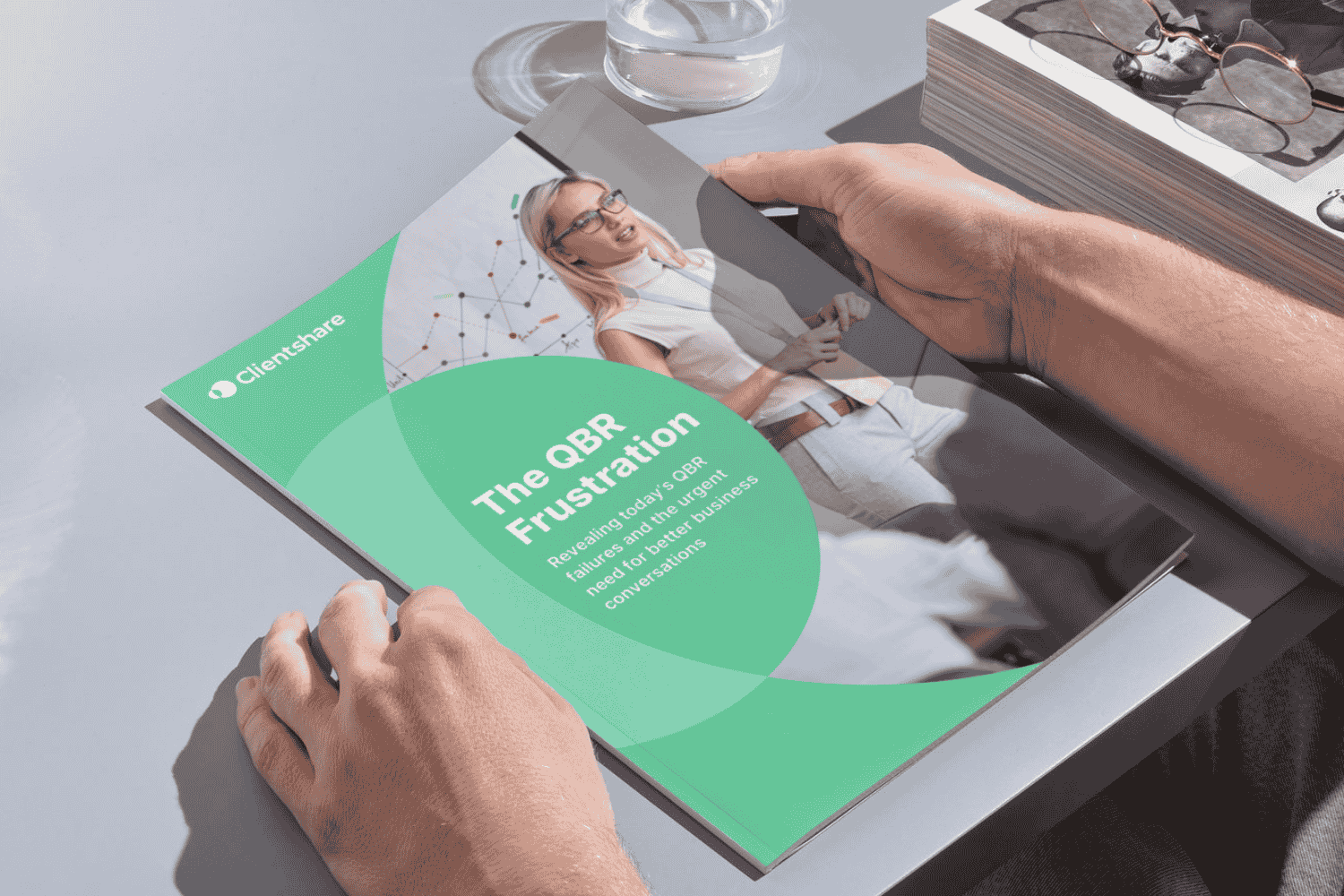We commissioned independent research that asked 200 UK and US buyers of services who are heavily involved in QBRs about their current review experiences, and what they expect to see in the future. When asked how frustrated they were with certain areas of their current QBR experience, here’s what they had to say:

Meetings aren't held at the agreed cadence
We all know the flash of frustration you get when a meeting is rearranged despite spending far too long agreeing when to hold it in the first place. This feeling increases tenfold when the meeting in question is a regular Business Review that is proving to be more of an irregular occurrence. Add to this a lack of preparation and focus within the reviews themselves and it’s unsurprising that 82% of buyers have cancelled contracts following poor QBRs.
Ensuring that QBRs, or similarly regular reviews, are held at the agreed cadence with a clear agenda is a simple yet effective way of improving your customers’ experience.
Next steps aren’t followed through in a timely manner
A main reason for conducting a QBR is to agree on the best next steps for you and your client. Discussing these and then failing to act on them in a timely way puts unnecessary strain on your relationship. 74% of clients state that suppliers often make commitments in review meetings that they don’t follow through with.
Act on your agreed next steps and maintain communications that update your clients on your progress. This will build your clients’ confidence in your ability to deliver value and innovation.
There isn't enough focus on innovation
Speaking of innovation, buyers feel as though there is currently a lack of focus on the topic in their current QBRs. In fact, our research showed that 88% of buyers think suppliers aren’t currently demonstrating enough evidence of value and innovation in the business reviews.
It’s no longer enough to simply present historical performance data, buyers now expect their suppliers to provide meaningful insights into that data and bring future-ready recommendations and ideas.
Not enough time spent discussing challenges & how they’ll be addressed
It’s easy for suppliers leading QBRs to fall into the bad habit of presenting too much operational data. While these numbers are essential to know, a QBR should be far more strategic in its approach and hone in on the insights this data offers.
74% of buyers feel as though you are missing out on key opportunities with them, due to poor-quality QBRs. Exploring the challenges you’ve faced and then, crucially, acting on your findings should form the backbone of a good review.
Review meetings don't have a lasting impact
A lack of preparation and focus in review meetings brings an a feeling of ‘going through the motions’ for clients. Our research demonstrated that 60% of clients feel as though suppliers are getting by on delivering the bare minimum.
QBRs are not only an opportunity to look back on what has and has not worked in the past, but a chance to look ahead and explore how the future should look. Small steps like checking data communicated in the meeting is relevant and accurate goes a long way to encouraging your clients to stay with your services.
Key takeaways
A QBR is a time for commercially-driven, strategic discussions that add value to your client relationships and your businesses. The perceived quality of QBRs has plummeted across a variety of sectors and buyers are increasingly disillusioned with the process. Suppliers can positively influence their revenue, relationships and retention by taking note of, and improving on, the points above.
For further insights into what clients expect from a good QBR, download our whitepaper

%20(1).jpg?width=470&height=264&name=The%20QBR%20Delusion%20-%20Featured%20image%20(Presentation)%20(1).jpg)
